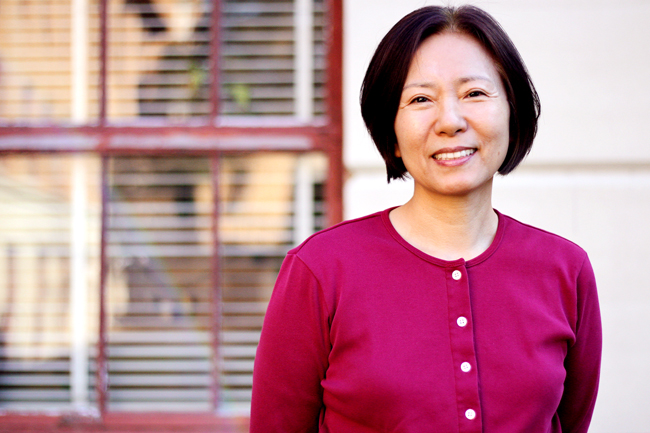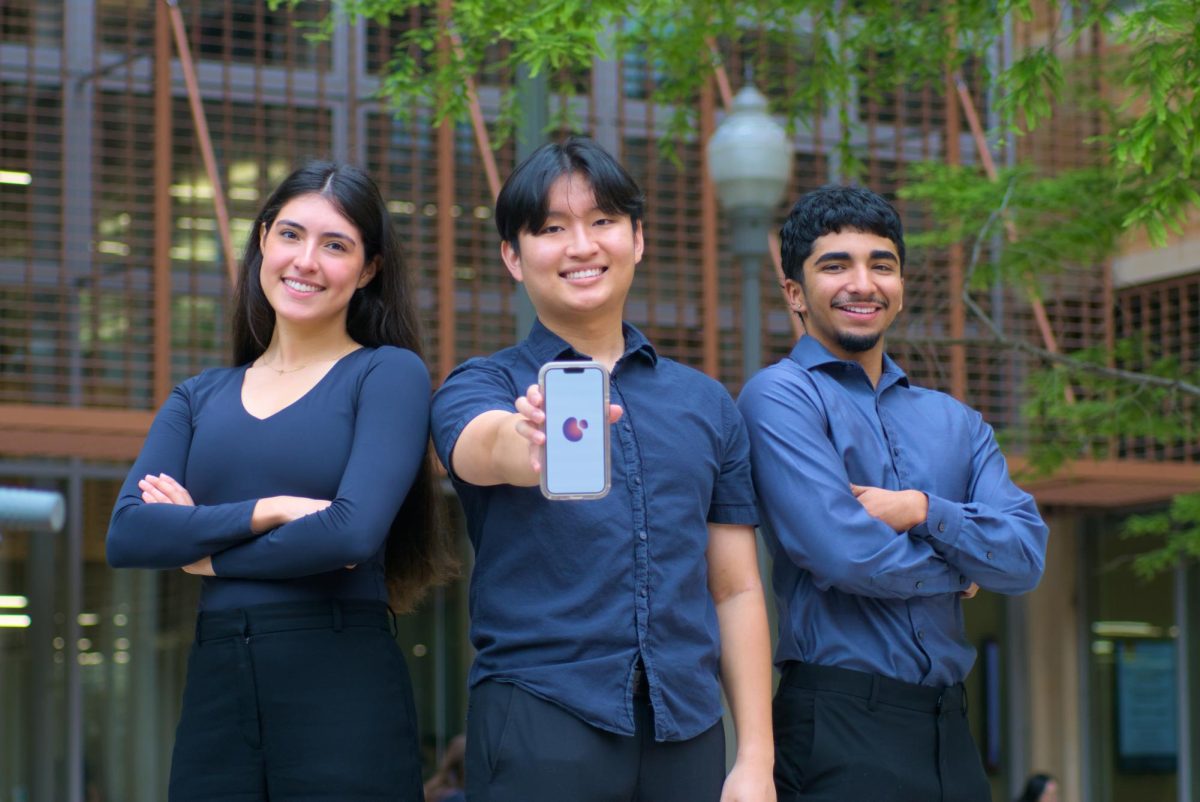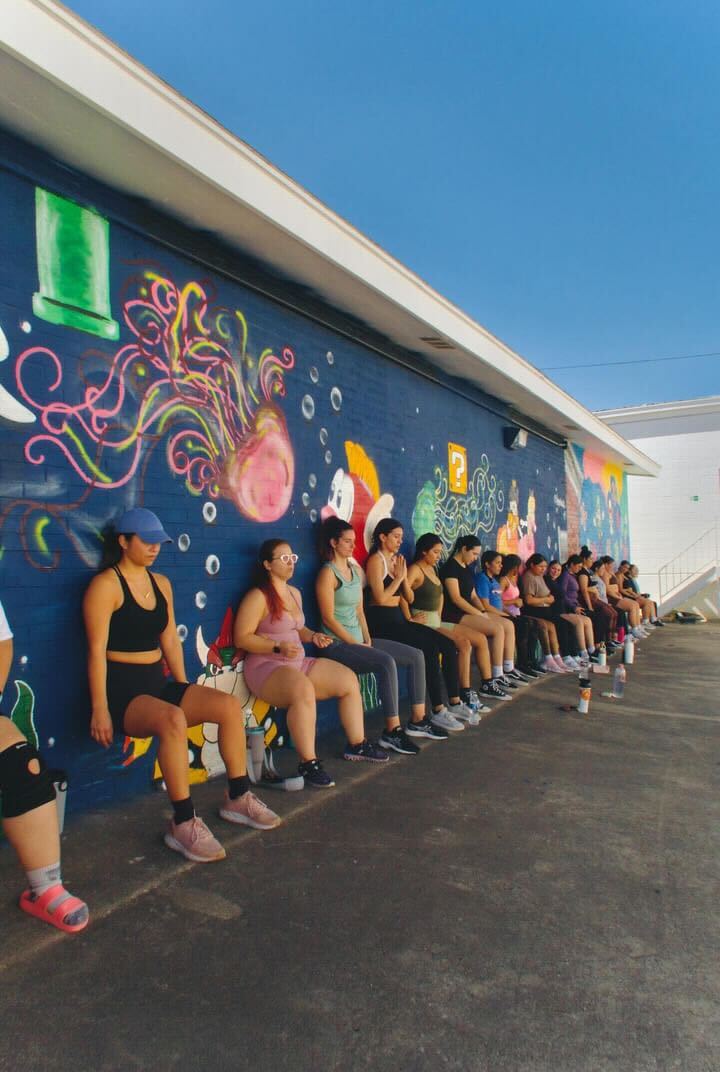Editor's note: This is part of a bi-weekly series showcasing some of the many fascinating projects undertaken by UT faculty.
The story behind School of Social Work professor Namkee Choi's passion for helping older adults is a common one among students of gerontology, she says. Growing up in Korea, Choi had a wonderful relationship with her grandparents, particularly her grandmother.
“It's a natural affinity,” Choi said. “I feel much more comfortable talking to older adults than young kids. So when I got into the School of Social Work, it just seemed so natural to work with them.”
When Choi began volunteering with Meals On Wheels Association of America in Buffalo, N.Y. in 1994, she saw that depression was very common among the homebound elderly she met. Eighteen years later, she is researching the effectiveness of tele-PST, an Internet therapy method that may make it easier for depressed older adults who use services such as Meals On Wheels to get treatment.
In late 2009, Choi began conducting a study on whether Internet therapy is a feasible treatment option for depressed, older adults. Choi worked with Meals On Wheels and More in Austin to recruit participants with moderate to severe depression for the study.
Fifty-four participants received Dell computers equipped with Skype and used them to connect with therapists from the School of Social Work for weekly, 30-minute Problem Solving Treatment (PST) sessions. PST is a short-term therapy technique that focuses on equipping clients with the problem-solving techniques that empower them to overcome difficulties.
Choi divided the rest of the participants in the study into two control groups: one that received in-person PST therapy and another that had weekly phone conversations with social workers not trained in PST.
Going into the study, Choi was unsure if tele-PST would be effective. Some critics told her older adults would snub Skype therapy in favor of more traditional, in-person sessions, she said. However, participants in the study took well to the medium.
“I don't think we had anyone who really disliked tele-PST,” she said.
Mary Lynn Marinucci, a project coordinator for the School of Social Work, was one of the therapists that participated in Choi's study. She said some participants, wary of Internet therapy at first, were pleasantly surprised by the face-to-face interaction that Skype allowed.
“They did surprisingly well,” Marinucci said. “We had clients who had never used a computer before. None had ever used Skype.”
Internet therapy is not a new concept. The military has been using the Internet as a means for medical psychiatric treatment for years. Using Skype therapy to treat depression in older adults is something new, however.
Tele-therapy is a good option for older adults because many of them who need help the most are not well positioned to seek it out, Choi said. Depression is less prevalent among older adults than among adults ages 18-60. Depression is high among homebound older adults and nursing home residents who often feel isolated and lose their sense of independence, including many of the disabled or chronically ill older adults in Meals On Wheels.
“It's been really meaningful to impact the lives of people who otherwise wouldn't get treatment because they're homebound or in a low income group,” Marinucci said. “To watch them really engage with the treatment and benefit from it has been remarkable. It's been humbling as well, seeing people rally their resources and use them to feel better.”
Getting treatment to some older adults is a challenge because they are not very mobile. In-home therapy is costly and can be inefficient. Skype therapy has the potential to make therapy cheaper and eliminate the travel time required for in-home sessions.
“Many services out in the community require you to go get them,” said Linda Perez, assistant vice president of client services at Meals On Wheels and More. “For our homebound clients, getting out of the house is difficult. They lack the financial resources, transportation and social support systems that are critical in enabling them to access mental health treatment.”
Choi's study does not end until May, but in the preliminary results, the positive impact of tele-PST therapy has been comparable to that of in-person therapy. Choi says the number of participants is too small to draw definitive conclusions about the benefits of tele-PST, but the study shows the therapy has potential.
Already, some success stories have emerged. Choi said that, after therapy, two participants improved enough to go out and get part-time jobs. One man who received the tele-PST now has a job driving a van and transports nursing home residents back and forth from their daily activities.
“From the study, [Tele-PST] appears to be successful,” Choi said. “It's feasible. Older adults are quite receptive to this kind of therapy.”
Printed on Wednesday, February 22, 2012 as: UT Professor studies Skype therapy among elderly





















